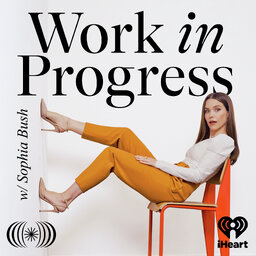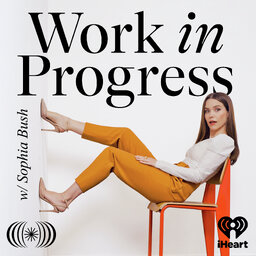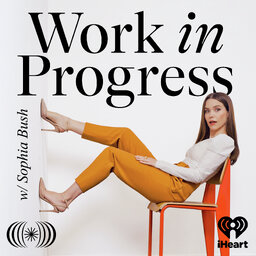Constance Zimmer is an actress, director, wife, Mother, and all-around creative individual. She is well-known for playing a number of standout characters in notable projects including the role of Dana Gordon on HBO's critically acclaimed series Entourage, Janine on the Netflix Emmy® nominated series House of Cards, Taylor on HBO's The Newsroom, and Quinn on Lifetime's drama series (now streaming on Hulu) UnREAL which earned her a Critics' Choice Award and a Primetime Emmy nomination in 2016. Constance was also a series lead on ABC's Boston Legal and had major roles on Grey's Anatomy and Marvel’s Agents of SHIELD, among many others. In addition to her successful acting career, Constance is on the Board of EMA helping to create content that spreads awareness about our Earth and climate change along with supporting NRDC, Heifer Int’l, Color of Change, ACLU, Black Lives Matter, and supporting small businesses and Black-Owned businesses during this crucial time of much needed change. In my conversation with Constance, we reminisce about how we met, discuss the intricacies of being in the public eye, and chat about Constance’s childhood, her journey to becoming an actress, body image, fear, having a Plan B in life…and, so, SO much more.
 Work in Progress with Sophia Bush
Work in Progress with Sophia Bush


